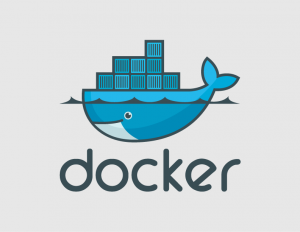Docker Trick: Running Containers Efficiently Using A Bash Script
One of the basic problems with running a docker image is that its too easy to spew up multiple instances or containers of the same image.
Consider running the following container for instance:
docker run -it -e AWS_ACCESS_KEY_ID="test" -e AWS_SECRET_ACCESS_KEY="test" \ --net=host "prahladyeri/testimage:latest" /bin/bash
This will start a fresh container instance from image prahladyeri/testimage:latest and you may optionally pass environment variables (using -e switch), and the /bin/bash argument to manually trigger a command inside the container instead of running the default one. However, once you exit the container, you don’t have any control over that container instance. Running the same “docker run” command as above is just going to spew another container instance for the same image, while the old one still stays in memory. Repeating this process multiple times is a wastage of invaluable memory and cores which isn’t the goal of using docker at all!
A more efficient way of handling things is to check the existence of a container instance already running for the image, and restart that one if required:
docker ps -a -f "ancestor=prahladyeri/testimage:latest" -q -l f7261ea890ce
The above command returns the id of an already running container (if any), so using that you can just restart that same container without passing all the parameters again as follows:
docker start -i f7261ea890ce
Of course, you can automate this whole process by writing a single bash script called start_container:
#!/bin/bash imgname="prahladyeri/testimage:latest" imgid=$(docker ps -a -f "ancestor=$imgname" -q -l) if [ -z "$imgid" ]; then echo "creating new instance for $imgname" docker run -it -e AWS_ACCESS_KEY_ID="test" -e AWS_SECRET_ACCESS_KEY="test" --net=host "$imgname" /bin/bash else echo "instance found" docker start -i $(docker ps -a -f "ancestor=$imgname" -q -l) fi
Just replace the $imgname variable with that of your own image name, and pass any arguments you want (for example, -e AWS_KEY_ID) to the container on line 7. This script will start a new container only if none are found already, otherwise, it will just restart an existing one!
Hope you find this useful.
| Published on System Code Geeks with permission by Prahlad Yeri, partner at our SCG program. See the original article here: Docker Trick: Running Containers Efficiently Using A Bash Script Opinions expressed by System Code Geeks contributors are their own. |




